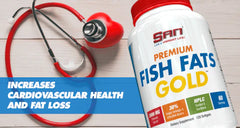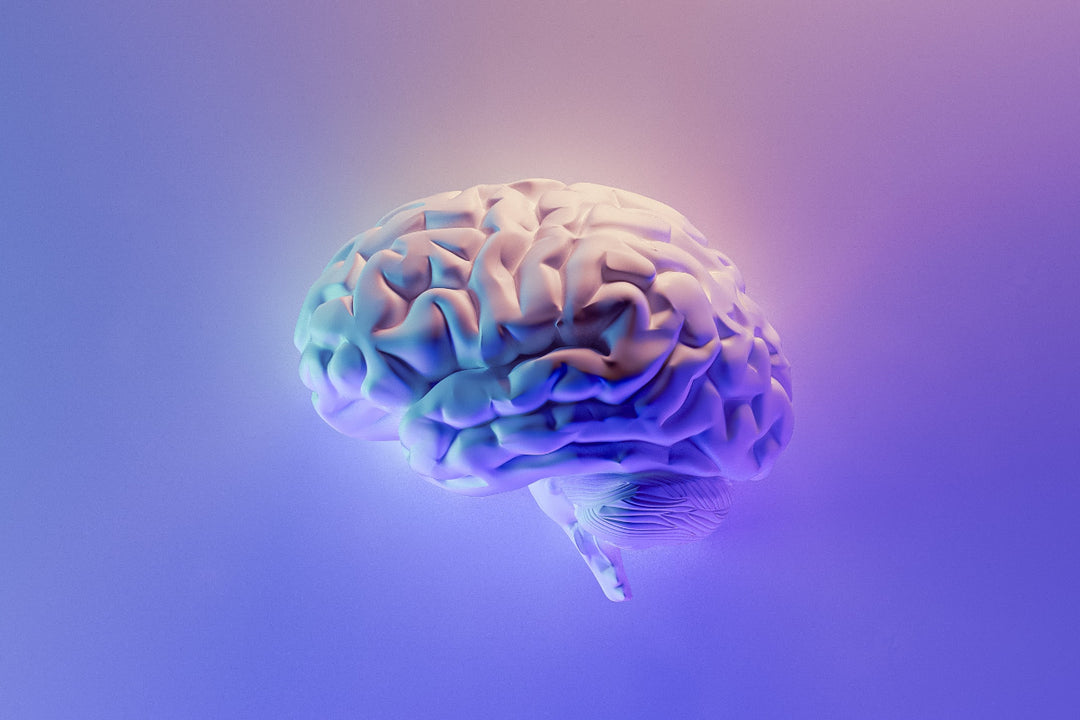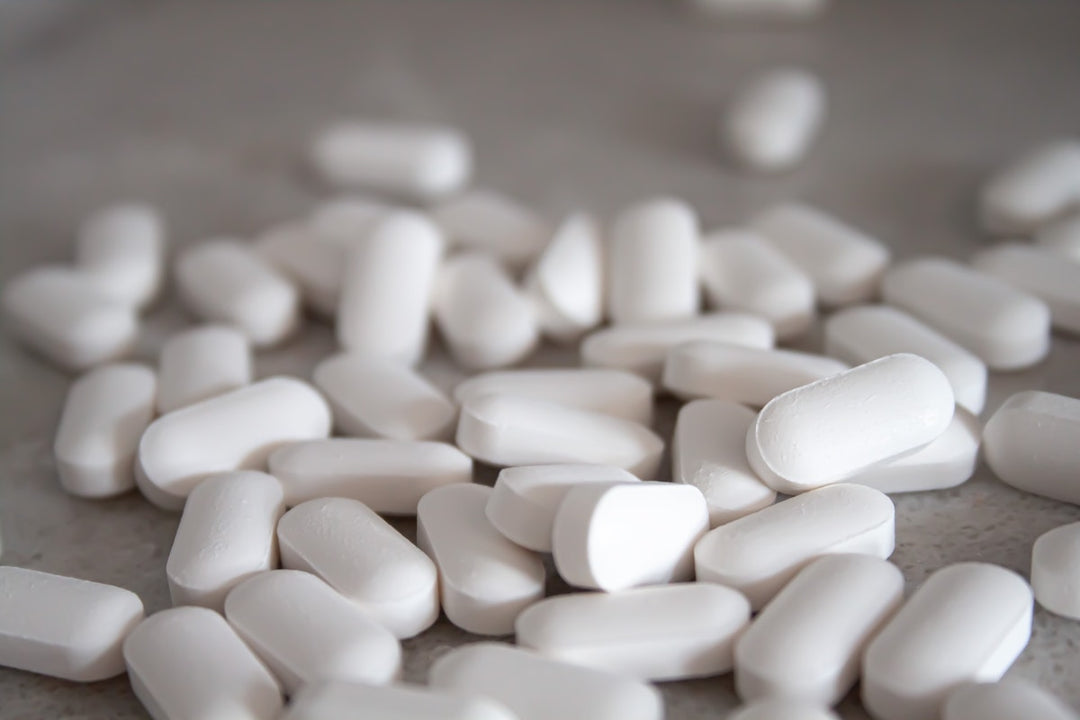When it comes to fat in your diet, most people only think about how it affects the way they look or their heart health. The battle of the bulge is real and has long-term health effects, so it's healthy to keep your body fat levels in check. But what about your brain health? You've likely heard that it's a good idea for to eat fish fat for optimal learning, and we're here to confirm that eating fat can make you smart-Within reason, of course.
Despite their caloric density, healthy fats are vital for almost every aspect of your health, and that's equally true for your brain. In fact, your brain composition is 60% fat, making it the fattest organ in your body, so staying well-nourished with life-giving lipids is one way to ensure you have a healthy brain.
Which Brain Fats are Best?Omega-3 fatty acids, specifically EPA (eicosapentaenoic acid) and DHA (docosahexaenoic acid), are prime sources for greater mental power. These healthy fats are crucial for mental performance and are heavily concentrated in the synaptic membrane.
EPA and DHA are especially important in early brain development, as they play a vital role in cognitive functioning because they're required for neural cell growth and neural communications.
The most abundant Omega-3 fatty acid in the brain is DHA, which is tied to greater learning capacity, improved memory, and behavioral maintenance. While not as abundant in the brain as DHA, EPA is still prominent, as it helps moderate both mood and behavior.
The combination of these two Omega-3 fats is tied greatly to academic performance, including reading, spelling, and overall learning abilities. Issues with ADHD, dyslexia, and other learning disorders have shown positive improvements from DHA supplementation.
Say "No" to Trans FatsNot only are trans fats bad for your body, they aren't good for your brain either. And while you may think it's okay to let some trans fatty acids sneak into your diet occasionally, they've been shown to interfere with Omega-3 utilization and to negatively affect brain synapses. They're just plain bad, so avoid them at all costs.
The key to developing brain power is to choose whole foods whenever possible, make sure you're getting enough healthy fats, and avoid processed foods, fast foods, and all junk food as much as possible.
That may sound challenging if you eat processed or fast foods on a regular basis, but once you learn to love the foods that are good for you, you'll never miss the junk. All Omega-3 Sources Aren't Created Equal
Flaxseed oil is a good source of the Omega-3 fatty acid ALA (alpha-linolenic acid), especially for vegans and those avoiding fish or other Omega-3 sources, but your body needs to convert that ALA into EPA and DHA, and it's not the most efficient process around.
That makes fish oil the best option for health-promoting DHA and EPA, but finding contaminant-free fish at your local store can be nearly impossible, and the same is true for a lot of bargain fish oil supplements.
Your best bet is to eat fish fat from wild-caught fish or supplement your diet with a premium, wild-caught fish oil source like SAN's Premium Fish Fats Gold. That makes it easy for your whole family, including kids in crucial developmental phases, to get ultra-pure Omega-3 DHA and EPA fats without with any bad odors, aftertaste, or fishy burps.
Don't fear the fat, as long as it's from a healthy source, and remember to eat fish fat to get smart.













